Our aims
The Joshua Hayday Helping Hand Trust (“JHHHT”) was set up in memory of Joshua. The aim of JHHHT is to support families caring for children with life-limiting conditions in practical ways relevant to their specific circumstances: no one family is the same and different families will benefit from different forms of support.
Since we were founded in 2010 we have provided just over £330,000 in assistance.
There are four areas in particular where JHHHT has found that support for families really helps:
Respite care
 Looking after a child with a life-limiting condition is a 24-hour a day job. It is very demanding both physically and emotionally. It leaves very little time or opportunity for the everyday things in life or the chance simply to have a break to restore energy. This is why respite care is so important. It allows families some time to complete everyday tasks, to spend time with other children or to take a much-needed break.
Looking after a child with a life-limiting condition is a 24-hour a day job. It is very demanding both physically and emotionally. It leaves very little time or opportunity for the everyday things in life or the chance simply to have a break to restore energy. This is why respite care is so important. It allows families some time to complete everyday tasks, to spend time with other children or to take a much-needed break.
Transport
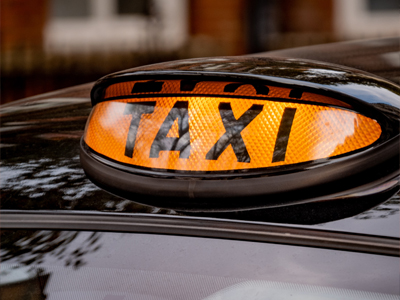 Travelling with a child with a life-limiting condition can be both a logistically demanding and hugely nerve-wracking experience. For most children with life-limiting conditions, public transport is not an option. Some families may have cars, however these may not be adapted to the needs of the child and the equipment required by the child in order to travel. In addition, it is likely that at least two people will be required for the journey – one to drive and one to look after the child. All of this makes the prospect of travel extremely daunting and often, simply out of the question. Children may need to attend hospital appointments, go to a hospice for respite care, attend a play centre or simply enjoy other activities that require them to travel, JHHHT wants to ensure that families are able to do these things.
Travelling with a child with a life-limiting condition can be both a logistically demanding and hugely nerve-wracking experience. For most children with life-limiting conditions, public transport is not an option. Some families may have cars, however these may not be adapted to the needs of the child and the equipment required by the child in order to travel. In addition, it is likely that at least two people will be required for the journey – one to drive and one to look after the child. All of this makes the prospect of travel extremely daunting and often, simply out of the question. Children may need to attend hospital appointments, go to a hospice for respite care, attend a play centre or simply enjoy other activities that require them to travel, JHHHT wants to ensure that families are able to do these things.
Equipment
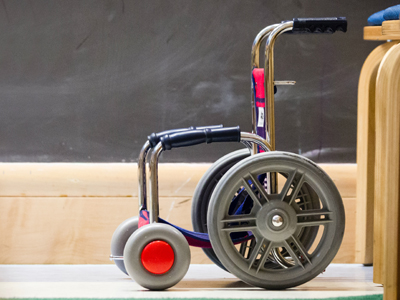 There are a number of items of specialist equipment that are not funded by the NHS but which are essential for families to have as ‘normal’ a life as possible. Two specific examples are car seats and pushchairs for children under 3 years old. Children with life-limiting conditions often have very low muscle tone. This means that standard car seats and pushchairs are not suitable for their needs as they don’t provide adequate support. However, specialist car seats and pushchairs are very expensive.
There are a number of items of specialist equipment that are not funded by the NHS but which are essential for families to have as ‘normal’ a life as possible. Two specific examples are car seats and pushchairs for children under 3 years old. Children with life-limiting conditions often have very low muscle tone. This means that standard car seats and pushchairs are not suitable for their needs as they don’t provide adequate support. However, specialist car seats and pushchairs are very expensive.
One off items/assistance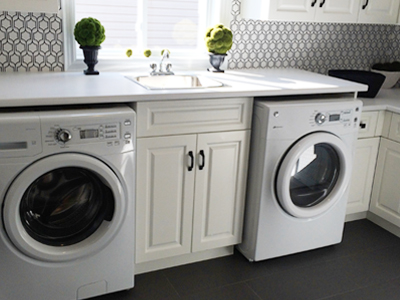
Families with children with life-limiting conditions come up against all sorts of other difficulties and emergencies on a day-to-day basis. They can benefit from immediate funding for one-off items or financial assistance following a referral from a medical or social work professional known to the family.
We are always ready to respond to requests from individual families such as:
EQUIPMENT – Specialist buggies, car seats and wheelchairs; portable bubble tube; communication equipment; mattresses for children with incontinence issues
PRACTICAL ASSISTANCE – Provision of white goods; kitchen equipment (e.g. Vitamix blenders); home adaptations; food vouchers; cleaning help
TRAVEL – Transport costs for individual journeys to and from Hospices and Hospitals, cost of overseas visit for specialist treatment
SUPPORT FOR SIBLINGS AND PARENTS – Days out; short holidays; Xmas gifts
FUN – Day trips; sensory toys and equipment; music therapy sessions; massage; Xmas parties
BEREAVEMENT – Keepsake items; support for funeral costs
You can find examples of the more recent support JHHHT has provided here.
How we help
We help provide practical support for families caring for children with life-limiting conditions. No one family is the same and different families will benefit from different forms of support.
Find out more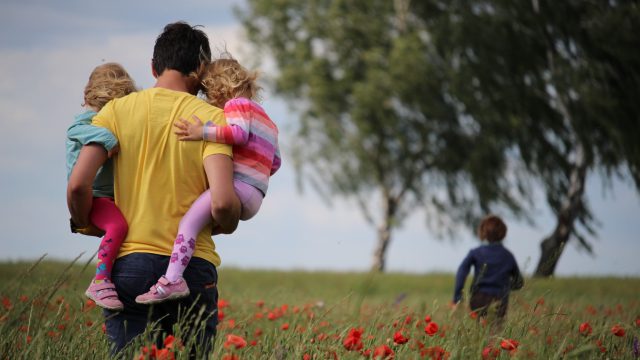
Support us
JHHHT would not be able to help so many people were it not for you and your generosity. Find out how you can help support the work that we are doing.
Find out more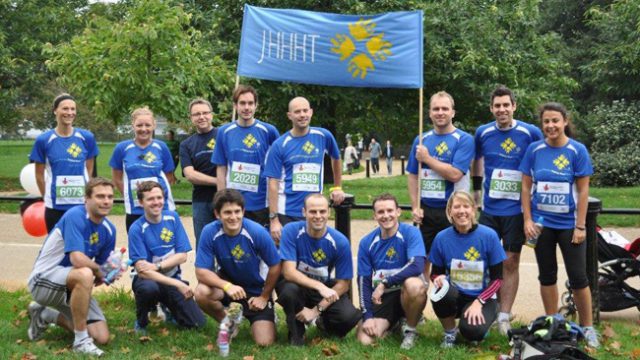

JHHHT has purchased a number of items of sensory and play equipment for life-limited children in the care of the Kaleidoscope Children’s Palliative Care Service.

